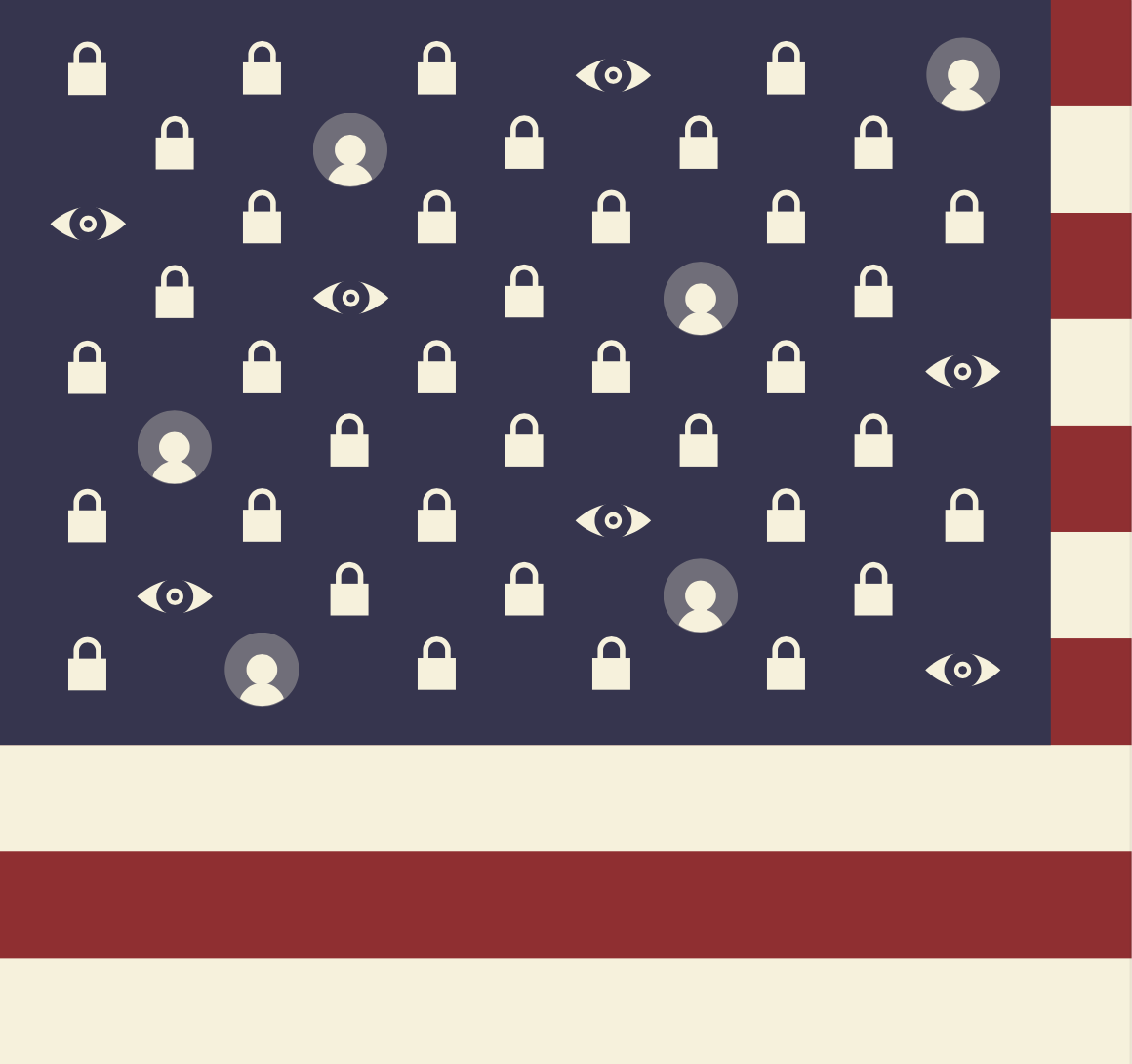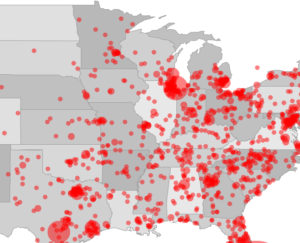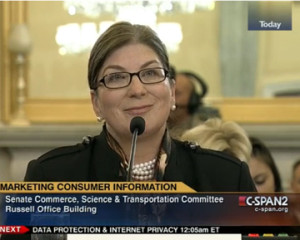Public Comments: October 2007 – Centers for Medicare and Medicaid Services (CMS) System of Records Notice regarding substantive changes to the Medicare database release policy
The World Privacy Forum filed extensive pubic comments on the substantive changes to the Medicare database release policy that the Centers for Medicare and Medicaid Services (CMS) has proposed in a System of Records Notice. As it currently stands, CMS is planning to release the individually identifiable protected health information of patients in the Medicare database to third parties in some circumstances. CMS has not established strong enough checks and controls on its release policy, and it has not explained how it is able to do this under HIPAA. The comments state that CMS has an obligation to explain how each routine use in its new policy is consistent with the authority in the HIPAA privacy rule. If a routine use allows disclosures that are broader than those permitted by HIPAA, then the routine use must be narrowed so that it is consistent with HIPAA. The comments also note that nothing in the CMS notice discusses substance abuse rules and other legal restrictions of the protected health data. The World Privacy Forum asked CMS to specify that the qualifications of any data aggregators who may potentially receive the data exclude any entity that sells other consumer data for any general business, credit, identification, or marketing purpose.





